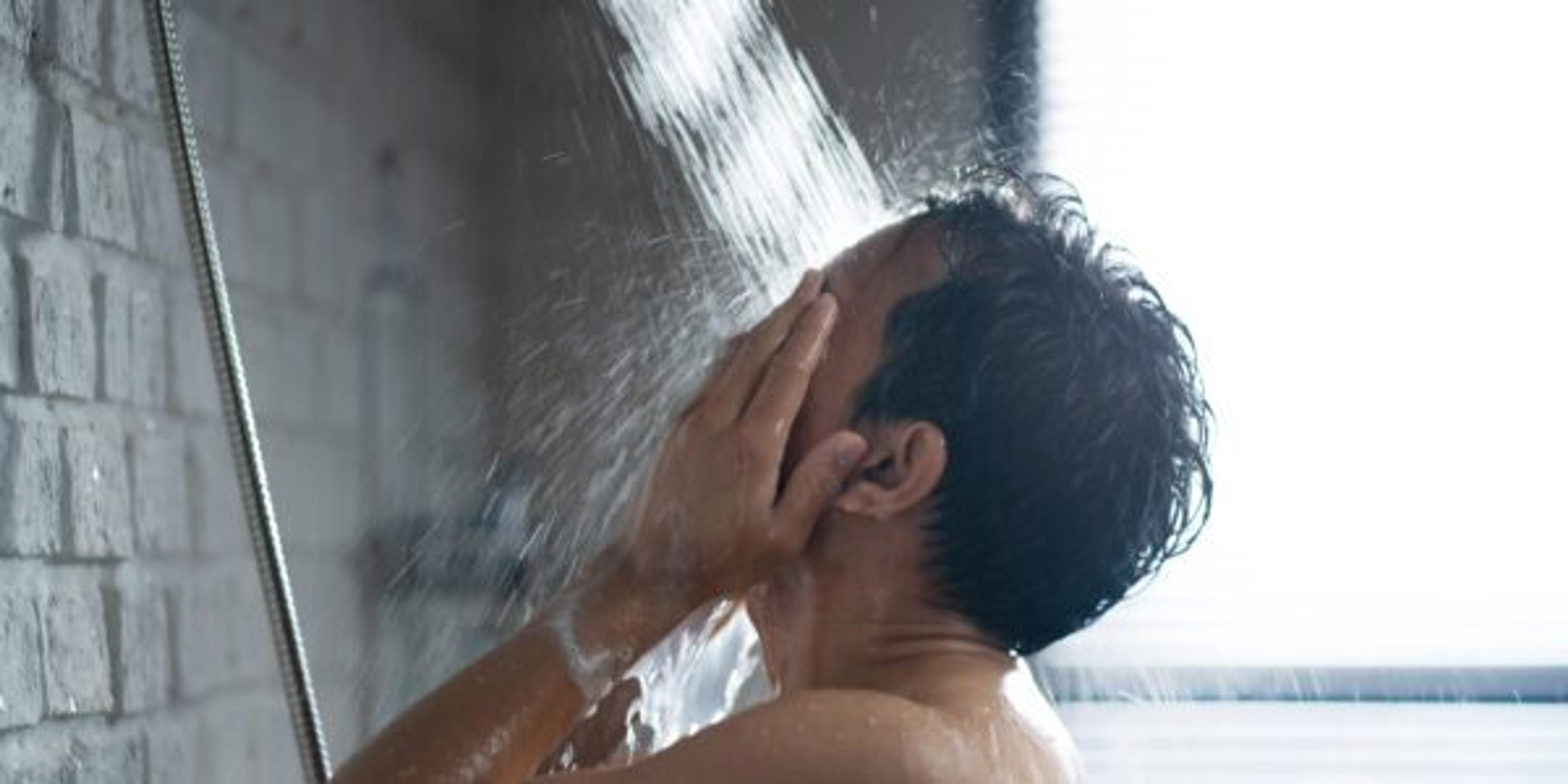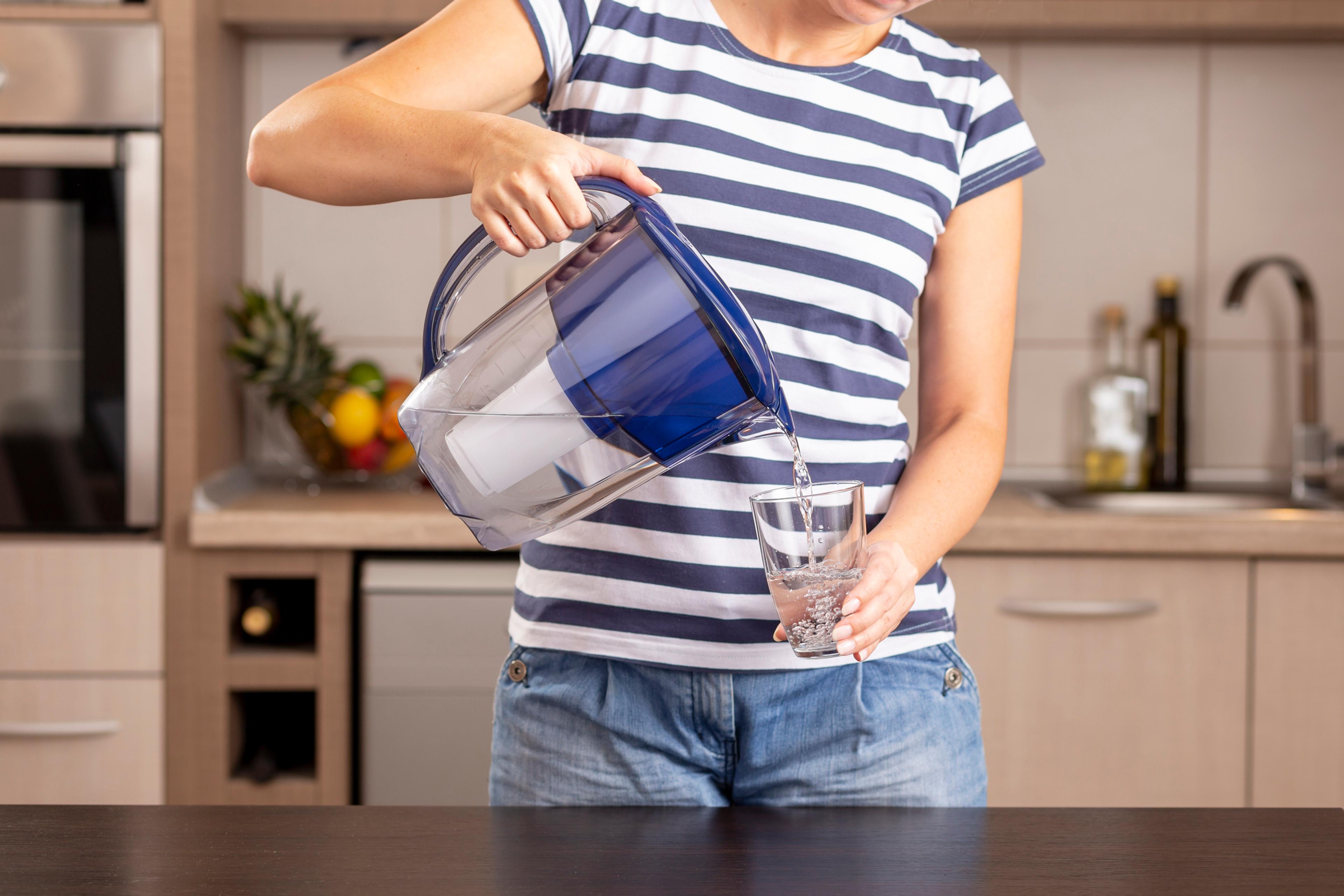Hot Showers vs Cold Showers
Shandra Martinez
| 3 min read

Rinsing off with cold water after a blazing day spent at the beach or working outside can feel refreshing. On the flip side, a long hot shower can be oh-so-relaxing after a hard day at work – or a tough workout. So which is better for you? People may have their definite preferences when it comes to the temperature of their daily shower, but is one really healthier for you than the other? It turns out, both hot and cold showers have their benefits – and they’re very different. Let’s look at how you’re benefiting, depending on which way you spin your shower’s temperature controls.
Cold Showers
Nordic people have made a tradition of embracing a cold blast to cap off their sauna routine. After a steamy session heating up their skin, they’ll douse themselves with cold water, jump into a cold lake, or even roll in the snow for an immediate cool-down. They know cold water can be invigorating. It turns out, cold showers can have the same type of health benefits, according to research shared by Healthline. Some of these include:
Better circulation. When cold water hits your body, your blood circulation increases deep under your skin, striving to keep your body warm inside while the skin’s surface temperature cools. This can help prevent heart disease.
Healthier skin and hair. If your hair stylist has ever told you to always finish your shampoo-and-conditioner routine with a cool-water rinse, this is why. Cold water can help make your hair stronger and healthier. It also helps keep the outer sebum layer on your skin in good condition. This serves as a protective barrier and can help keep your skin looking healthy. A cool or even cold-water finish at the end of your shower can give you skin that glows.
A quick wake-up. Stepping into a cold shower in the morning is going to perk you up a lot faster than a steamy one. Cold water increases your heart rate, your level of alertness and your oxygen intake. Even a 20-second rinse will do the trick.
Hot Showers
If you’re exhausted, need to wind down or soothe aching muscles, a hot shower can feel like bliss. The air turns steamy and you can feel your body start to relax. There is a long list of benefits associated with turning your water temperature up a comfortable notch or two. Here are some, as rounded up by Healthline and WebMD:
Better-looking skin. If you’ve got blemishes, oily skin or T-zone issues, a hot shower can help. Think of a steamy shower like a mini-facial. Trapped dirt and oil are loosened and washed away. Also, gently rub your eyelash line in the shower to promote healthy tear ducts. Remember to pat dry the skin of your face after a shower and use a light moisturizer.
Stress relief. Hot water can be a helpful muscle relaxer. You can step out of a hot shower feeling less tense, with looser-feeling muscles.
Decongestant. Have a cough or stubborn cold symptoms? Run a hot shower and fill up your bathroom with steam. The hot mist can help you breathe easier, even loosen phlegm build-up in your throat or chest. It can allow you to inhale better through your nose.
Better sleep. There’s something about a relaxing hot shower that just sets us up for a better night’s sleep. Even a shower taken a couple hours before bed can relax people physically as well as mentally. So if improving your sleep quality is on your list, make your shower on the hot side.
Photo credit: Getty Images
Related:





